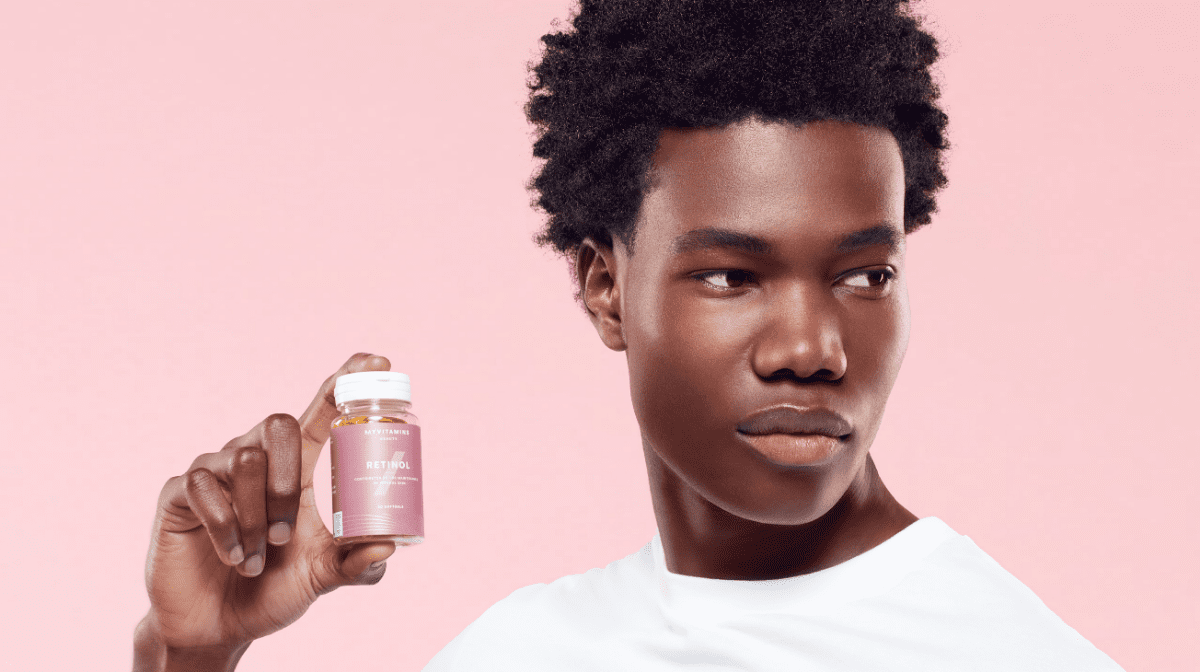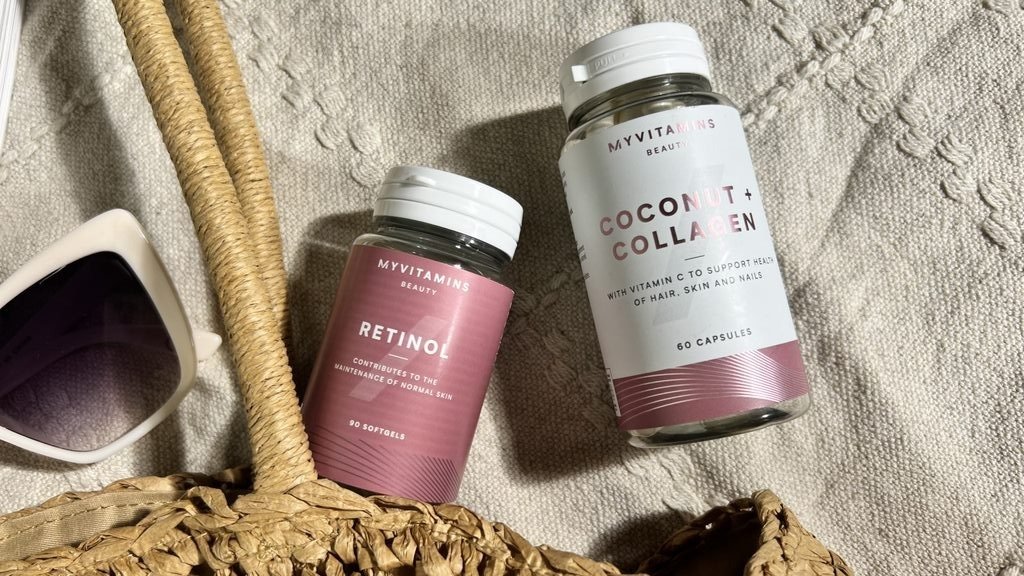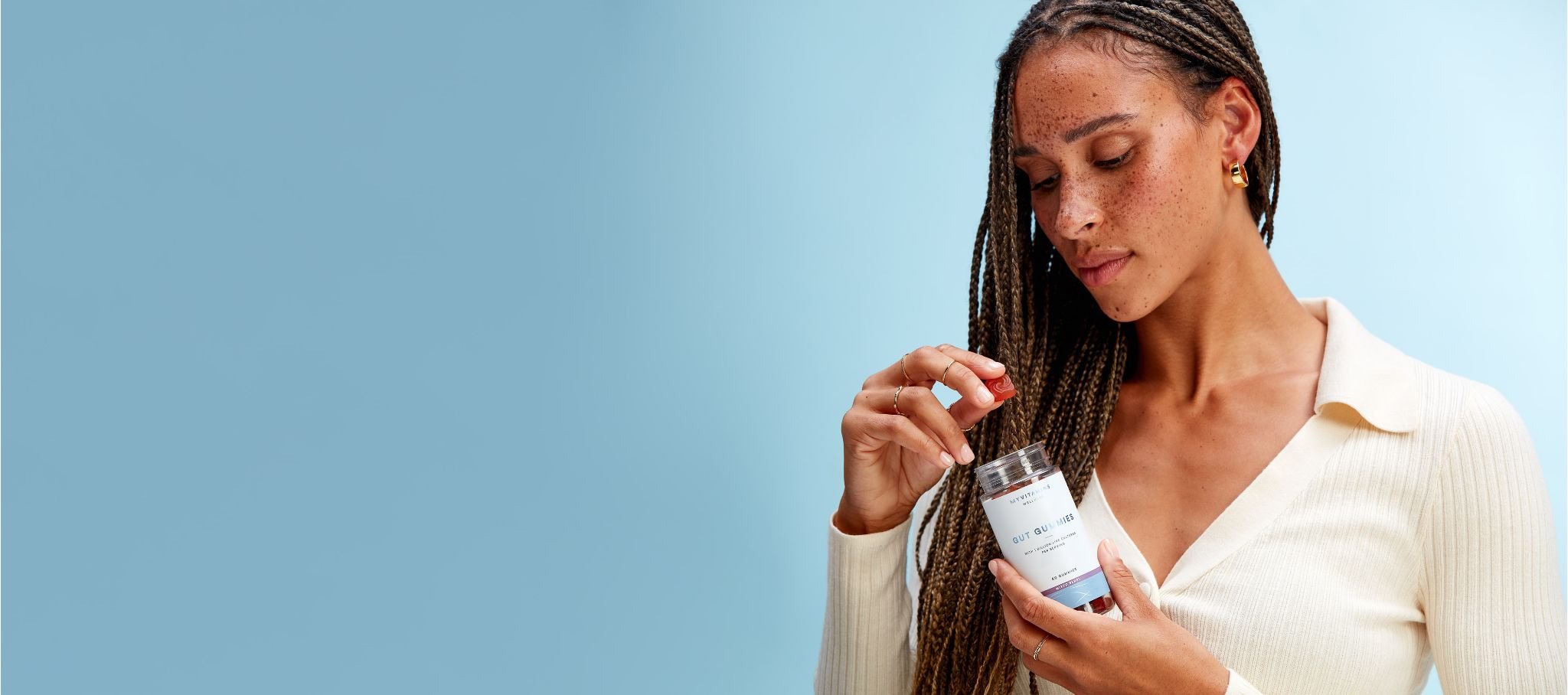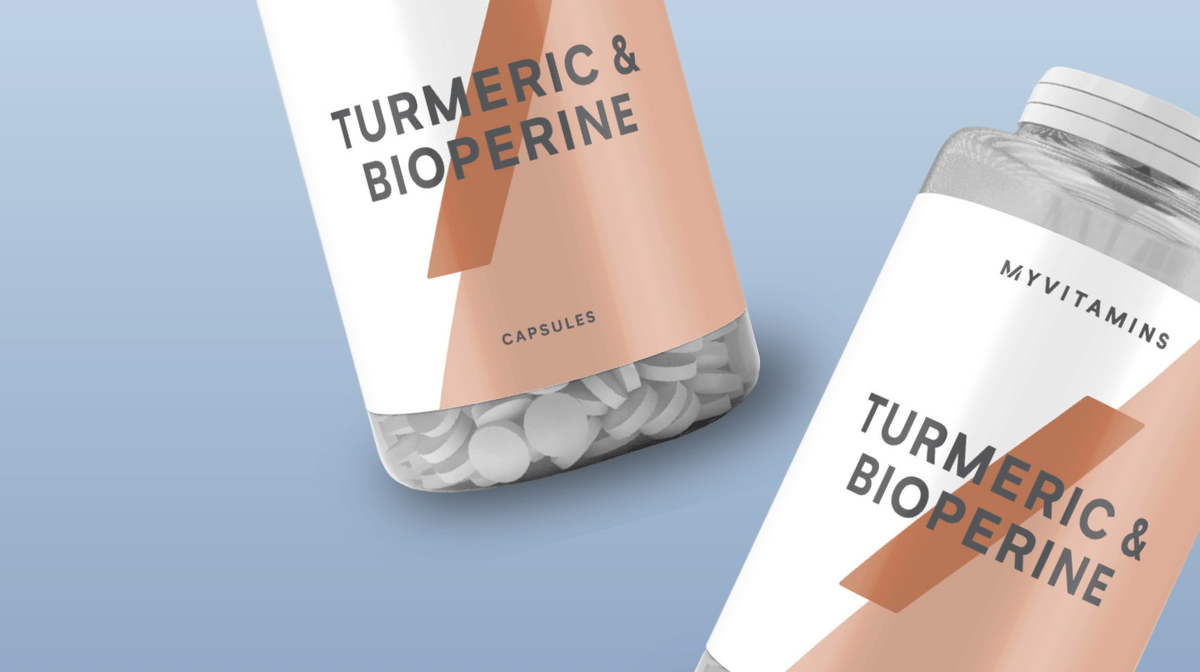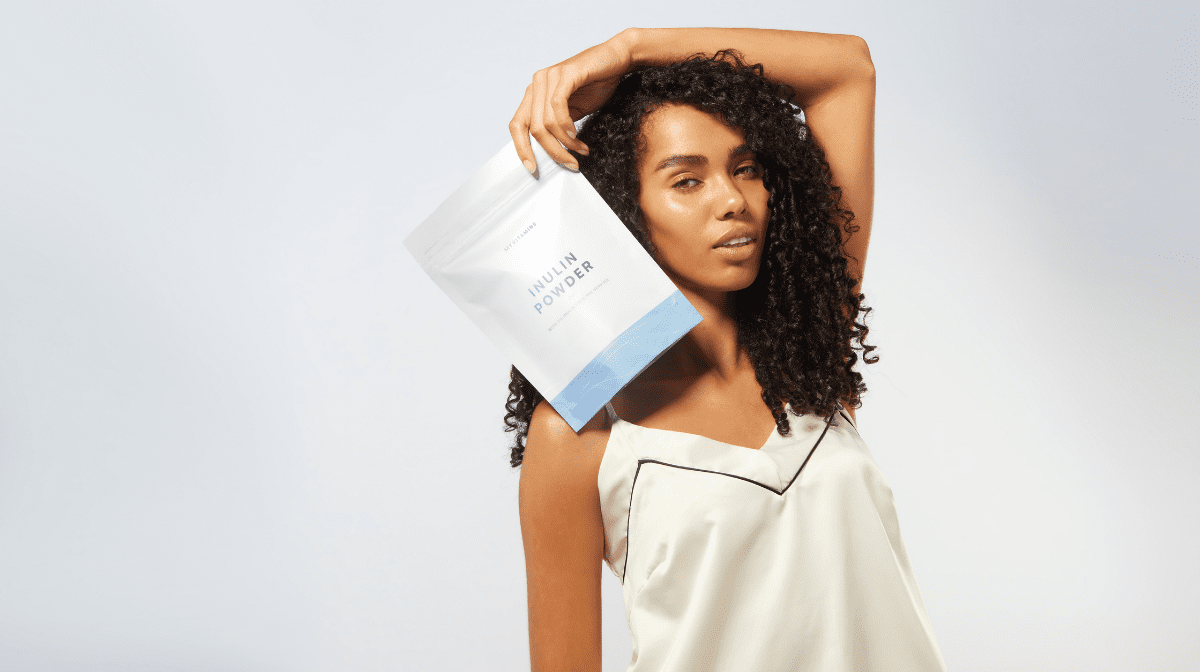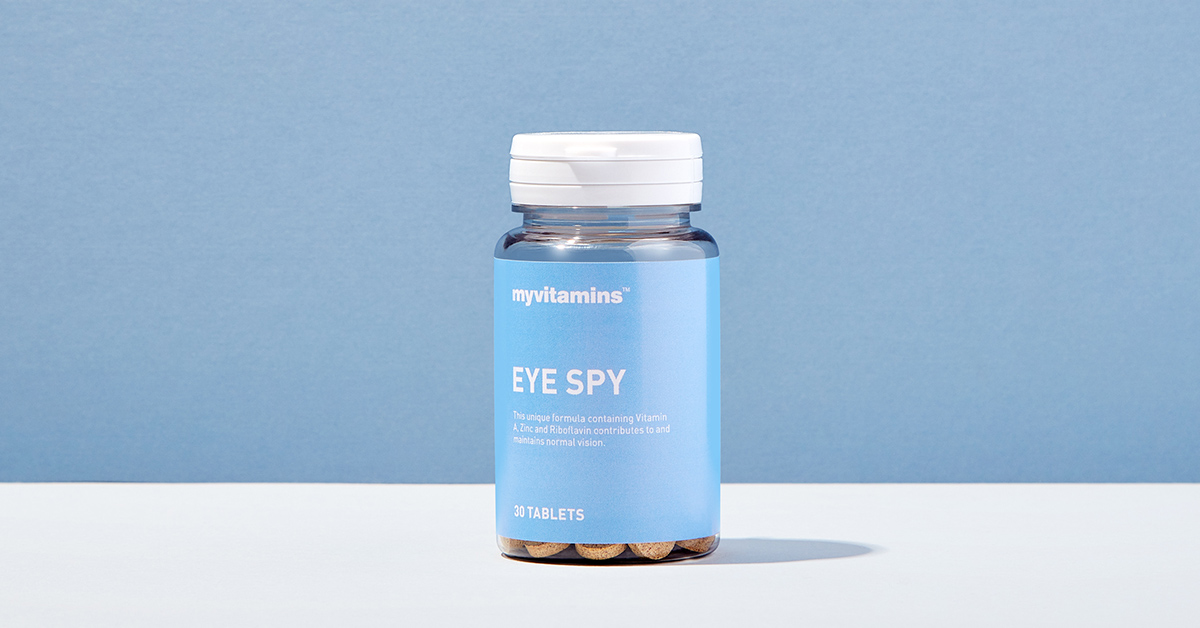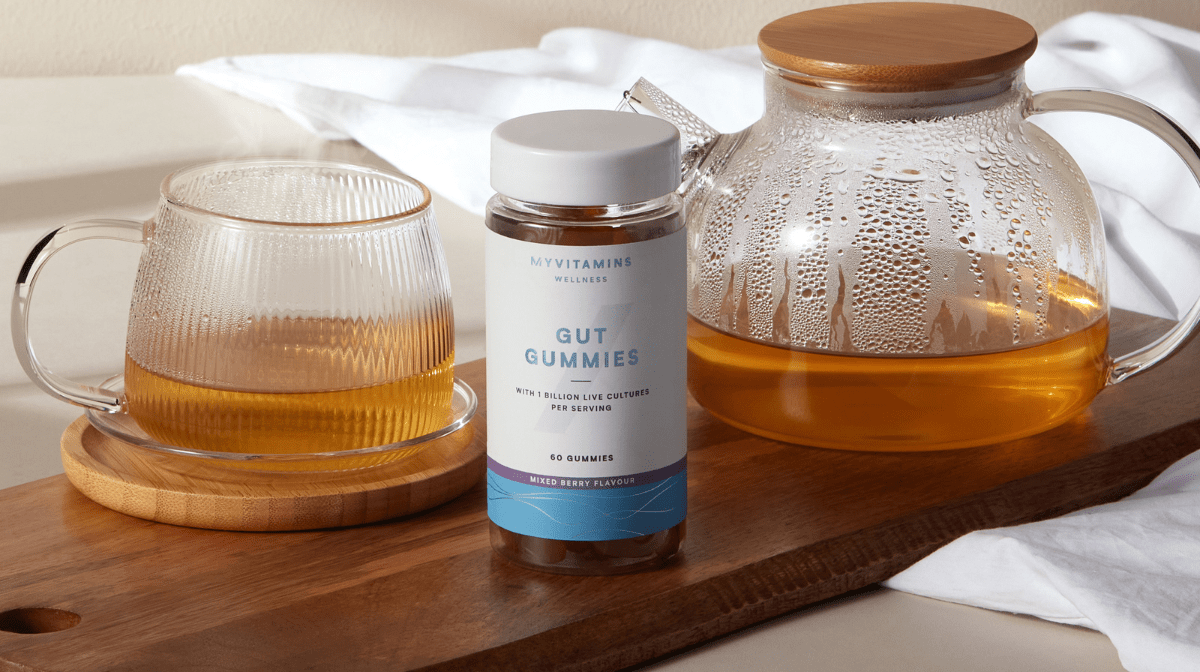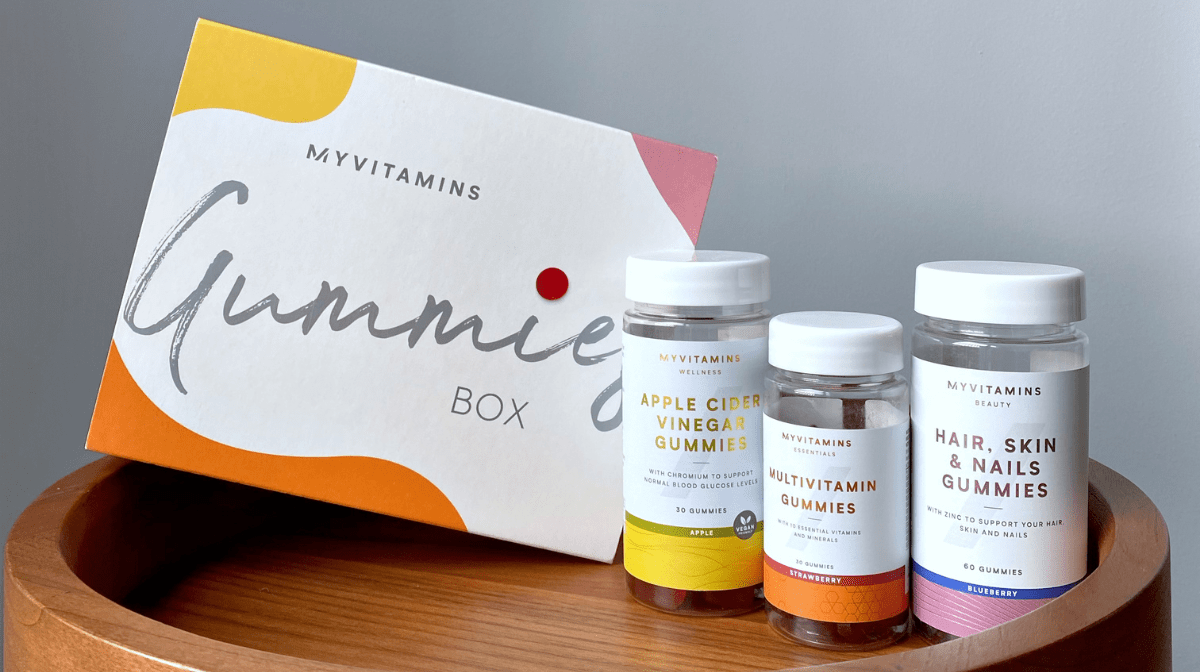The skin is a dynamic and resilient organ that needs proper nourishment to maintain its health and radiance. In this article, we’ll delve into the world of skin-friendly supplements, highlighting the ten best vitamins and nutrients that can help you achieve and maintain a glowing complexion.
Whether you’re looking to combat acne, reduce signs of ageing, or simply boost your skin’s overall vitality, these carefully selected supplements offer a natural and effective way to support your skin’s healing processes.
- What Is Skin Health Important?
- Signs You Have Healthy Skin
- Signs Of Unhealthy Skin
- 10 Best Supplements For Skin
- Vitamin A (Retinol)
- B Vitamins
- Vitamin C
- Vitamin D
- Vitamin E
- Zinc
- Selenium
- Collagen
- Hyaluronic Acid
- Niacinamide
- FAQs
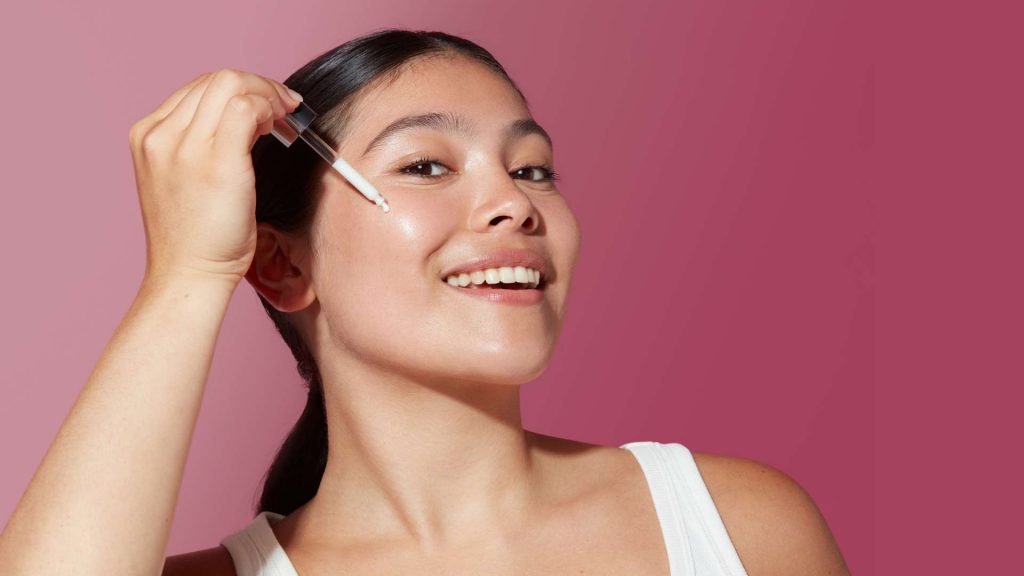
Why Is Skin Health Important?
Skin health is a fundamental aspect of overall wellbeing, playing a multifaceted role in our daily lives.
Our skin serves as our body’s primary defense mechanism against the outside world. Healthy skin acts as a barrier, shielding us from harmful pathogens like bacteria and viruses, as well as environmental factors such as ultraviolet (UV) radiation and pollution. It prevents these threats from entering our body and causing illness, making it an indispensable part of our immune system.
Signs You Have Healthy Skin
While there are countless skincare products and routines available, understanding the signs of healthy skin is key to seeing what effect those products are having.
1. Smooth texture
One of the most noticeable signs of healthy skin is a smooth, even texture. Healthy skin feels soft to the touch and lacks rough patches and flakiness.
2. Even skin tone
Healthy skin boasts an even and balanced complexion. It should be free from redness, discolouration, or uneven pigmentation irregularities like dark spots or age spots.
3. Hydration
Well-hydrated skin is a hallmark of good health. When your skin is properly moisturised, it appears plump and supple. Dehydrated skin can look dull, feel tight, and even show fine lines more prominently.
4. No acne or blemishes
Healthy skin is typically free from frequent breakouts or blemishes. While the occasional pimple or blackhead is common, persistent acne may indicate underlying skin issues.
5. Minimal sensitivity and irritation
Healthy skin is less prone to sensitivity and irritation such as redness, itching and burning sensations. It also withstands environmental factors like sun exposure and changes in temperature without reacting negatively.
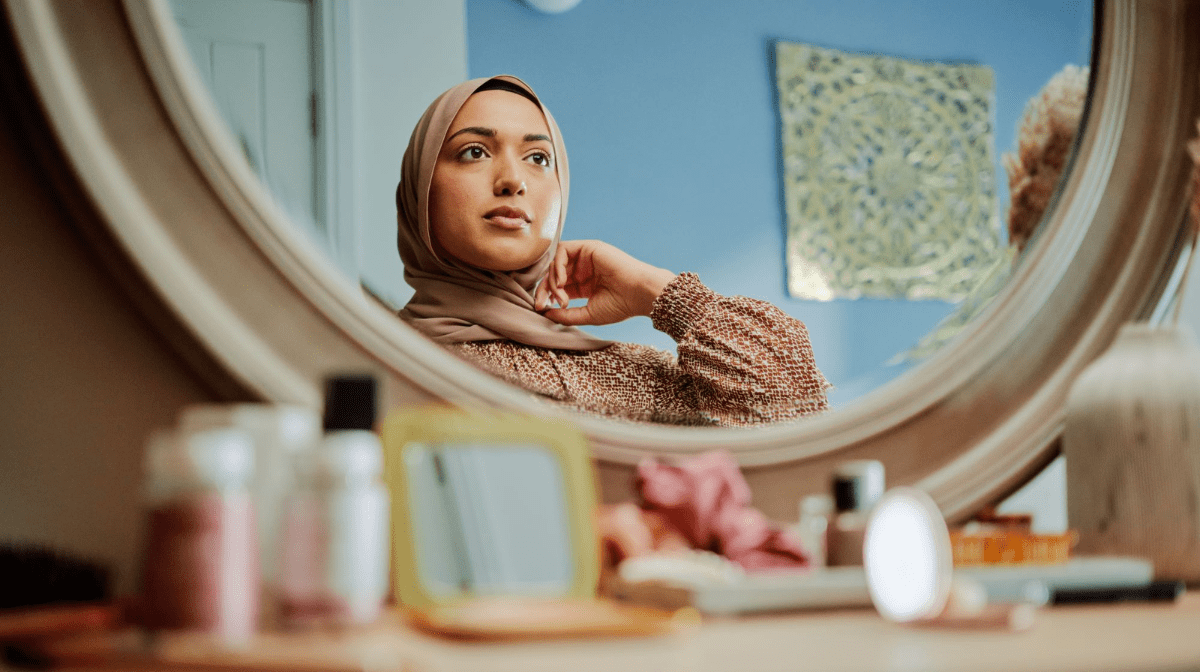
Signs Of Unhealthy Skin
While healthy skin can boost your confidence and contribute to your overall appearance, unhealthy skin can be indicative of underlying issues that need attention. In this section, we’ll explore five key signs that suggest your skin may not be at its best. Recognising these signs is essential for addressing potential skin problems and taking steps toward healthier skin.
1. Dryness and flakiness
Dry, flaky skin is often a telltale sign of skin that lacks proper hydration. When your skin doesn’t receive enough moisture, it can become dry, tight, and prone to flaking.
2. Excessive redness or irritation
Persistent redness or irritation is a clear sign that your skin may be reacting negatively to environmental factors or skincare products. Conditions like rosacea and eczema can cause chronic redness and discomfort.
3. Acne breakouts
While occasional breakouts are normal, persistent or severe acne can signal an imbalance in your skin. Factors like excess oil production, hormonal fluctuations, or bacterial overgrowth can contribute to acne.
4. Uneven skin tone and hyperpigmentation
Uneven skin tone, characterised by dark spots, sunspots, or patches of hyperpigmentation, can indicate sun damage or inflammation. Prolonged exposure to UV rays without the right protection can lead to skin discoloration. Dark spots may also result from acne scarring or hormonal changes.
5. Excessive sensitivity
Skin that is overly sensitive and prone to frequent reactions (such as redness, itching, or burning) may indicate an impaired skin barrier. A weakened skin barrier can result from factors like harsh skincare products, environmental stressors, or underlying skin conditions.

10 Best Supplements For Skin
In the pursuit of radiant, healthy skin, skincare routines and lifestyle choices often take centre stage. However, the role of nutrition and supplementation in achieving and maintaining beautiful skin should not be underestimated. Here are the 10 most important vitamins, minerals and nutrients for supporting your skin:
1. Vitamin A (Retinol)
Vitamin A plays a critical role in skin cell turnover. It helps produce new skin cells while simultaneously helping to shed old, damaged cells. This process contributes to a smoother and more even skin texture.
It also supports the production of collagen, a structural protein that gives skin its elasticity and firmness. Having enough collagen in your skin can reduce the appearance of fine lines and wrinkles, promoting a youthful complexion (1).
Many skincare products contain retinol or other retinoids, which are all forms of vitamin A. Both topical products (serums, moisturisers, eye creams) and supplements containing vitamin A can help keep your skin looking and feeling its best.
